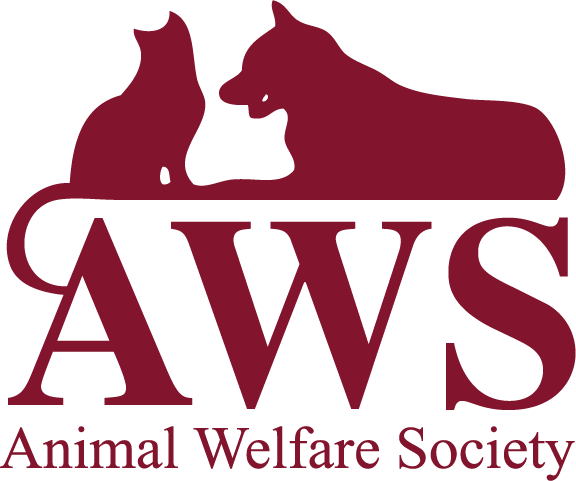Follow Us!
Woofstock is almost here!! Join us TOMORROW, July 27 from 11am - 3pm right here on the grounds of AWS for Southern Maine`s only free family-friendly, dog-friendly, food and beer festival!
Enjoy an afternoon of live music, tasty food trucks, local craft brews, and lots of doggone fun. There’s something for everyone including games, kids activities, a bounce house, dog agility courses, makers and craft vendors, giveaways and so much more! And due to the kindness of our title sponsor @rarebreedvets, all sponsorships, fees and donations raised at Woofstock support pet veterinary care at AWS’ Community Veterinary Clinic and throughout the state. It`s a win-win!
We`ll see you, your family and friends, and your family dog at Woofstock tomorrow at 11am. It`s going to be a groovy good time!

We have kittens! So many sweet faces are waiting for you and ready to be adopted into their new, happy homes. From fuzzy and blue-eyed, to sleek and tiger striped, we have them all. Stop by today and adopt the new love of your life! ❤️

Have you met Blue? This handsome hound is a real stunner with his golden eyes, perky ears, and soft, fluffy coat. He might have just arrived here, but Blue`s hoping to be adopted in time for Woofstock this Saturday! Imagine walking him around the festival to shop, eat, and drink. Good thing Blue loves all people and other dogs!
Will you be the one to take Blue to Woofstock?? Stop by our Adoption Center today to meet him and maybe (most likely!) you`ll fall in love!

Rosie loves to show off her big, beautiful golden eyes. We’ve never seen such precious peepers in a cat! Good thing she has a golden personality to match! #adoptrosie

Can you believe there`s only 𝗢𝗡𝗘 𝗪𝗘𝗘𝗞 until Woofstock?! Join us next Saturday, July 27 from 11am - 3pm right here on the grounds of AWS. This family-friendly, dog-friendly festival will be the highlight of the summer with lots of delicious food, refreshing beer, live music, various vendors, and engaging pet activities. It`s going to be a groovy good time!
𝗪𝗵𝗮𝘁 𝗽𝗮𝗿𝘁 𝗼𝗳 𝗪𝗼𝗼𝗳𝘀𝘁𝗼𝗰𝗸 𝗮𝗿𝗲 𝘆𝗼𝘂 𝗺𝗼𝘀𝘁 𝗲𝘅𝗰𝗶𝘁𝗲𝗱 𝗮𝗯𝗼𝘂𝘁?
🌭 Food Trucks
🍻 The Beer Garden
🎨 The Kid`s Zone
🛒 Craft Vendors
🎶 Live Music
🐕 Dog Agility
🎉 Miscellaneous Fun!
Let us know in the comments below, and we`ll see you, your dog, and the whole family next Saturday!

